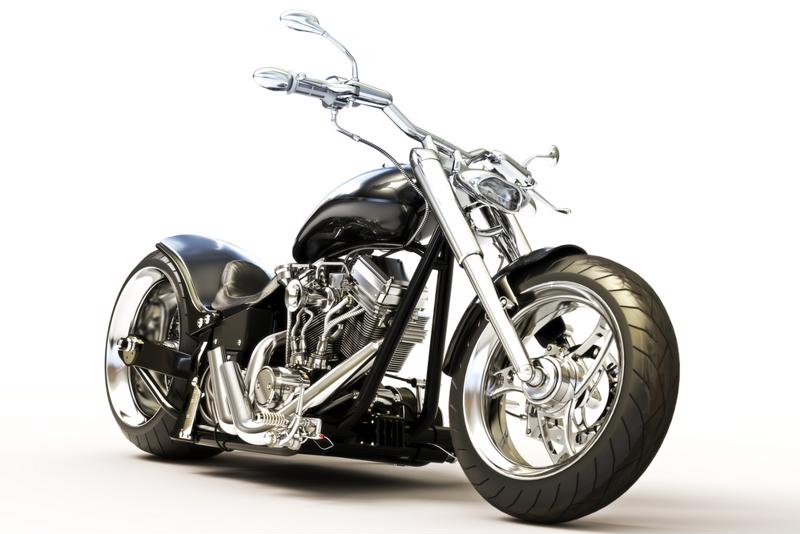

BMW Motorrad, the company's motorcycle division, has been working on self-driving technology for about two years. They released a video of the motorcycle cruising around a test track, unaccompanied by a driver. It accelerates, turns and brakes on its own. Don't get too attached to the idea, though. BMW has no intention of selling autonomous motorcycles in the near future.
Instead, BMW plans on using this technology in the manufacturing of some of its motorcycle models as a means of improving the safety of these vehicles. Even though they won't become autonomous, a handful of these added features may help prevent some accidents from occurring.

Since these brakes might be able to reduce the number of crashes, they may save the bikes themselves, but what does this mean for the passengers? Just because crash rates might decrease from autonomous braking systems, most likely resulting in less property damage, could rider injury rates go down too?
Looking at statistics regarding types of crashes may provide insight into why autonomous brakes may benefit cars and their drivers more than they might affect motorcycles and their riders. According to Insurance Information Institute, there were 13,000 property-damage-only motorcycle accidents in 2015, and 84,000 injury-causing crashes. This same year resulted in 4,438,000 property-damage-only incidents to passenger cars and 1,785,000 injury crashes. This means a six-fold difference between the amount of motorcycle injury wrecks and property damage accidents, and two and a half times the amount of passenger car property damage collisions as injury crashes. For cars, manufacturers and drivers may want to prevent the amount of property damage crashes, but for motorcycles, the concerns revolve around rider safety.
Logistically, an autonomous braking system reminiscent of this prototype bike may not improve motorcyclists' safety, though they may prevent actual collisions. The technology's automatic braking ability might be effective on cars, which have seat belts to hold passengers in place. However, a motorcycle that comes to a sudden hard stop might cause the motorcyclist to fly off the bike. At least when bikers have to slam on the brakes themselves, they know to hold on tightly, lessening their chances of falling.
BMW's self-driving motorcycle isn't a total dud. Watching it whirl effortlessly around turns is pretty spectacular. However, its braking technology might prove to be more of a liability than a safety protocol for riders. While motorcycle safety is deemed a larger issue than property damage, manufacturers may see more benefits when brake-testing with riders on board. Request a complimentary brake testing consultation from Greening to see how you can improve the safety of your motorcycle models.